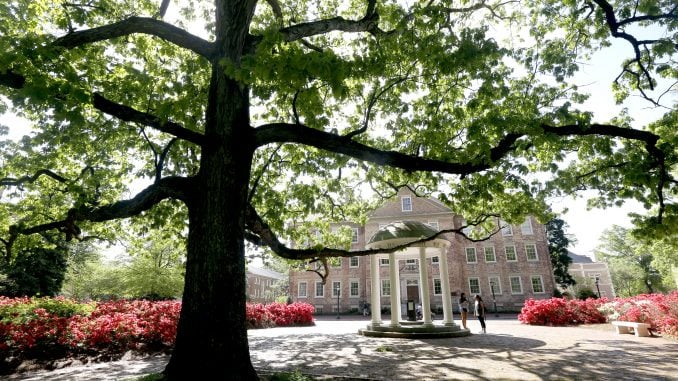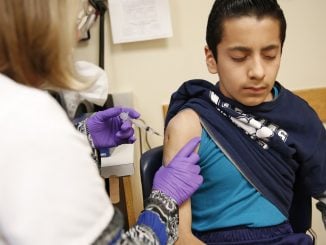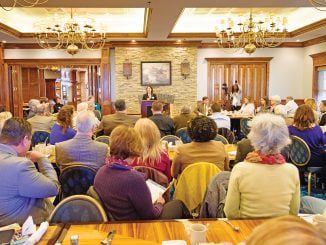
RALEIGH — Governor Roy Cooper, in a Thursday morning coronavirus update, confirmed that North Carolina now has 12 cases.
Officials did not indicate where the newest cases have emerged, but as of Wednesday, Wake County had seen the majority of illnesses.
The test conducted by the North Carolina State Laboratory of Public Health, are presumptively positive and will be confirmed by the U.S. Centers for Disease Control and Prevention.
The other five Wake County patients had traveled to Boston to attend a BioGen conference, according to the department. Several cases of COVID-19 across the country have been linked to the conference, according to a previous news release.
About an hour later, the Atlantic Coast Conference announced that its men’s basketball tournament would be played without fans in attendance beginning with the quarterfinal round on Thursday.
The University of North Carolina system said Wednesday that each of its 17 schools will move from face-to-face instruction to “alternative course delivery” no later than March 20 and will continue indefinitely.
A news release issued by the system said the alternative course delivery will begin on March 23, with a goal of resuming in-person instruction as soon as reasonably possible. Each school will provide specific details to its students and faculty, according to the release.
It will be up to the school leaders to determine which classes, such as those with labs, will require continued in-person instruction and attendance, the release said.
Outside events and gatherings of 100 or more people will be canceled or postponed unless they are authorized by a school chancellor or provost, according to the release. Also, university-sponsored in-state travel to gatherings of 100 or more is suspended, and all travel outside the state is suspended, unless a chancellor or provost approve it.
UNC-Chapel Hill said on its website that spring break will be extended through March 22 and that students should remain off campus. Remote instruction for a majority of courses will begin on March 23 and will continue “for the foreseeable future,” the school said.
Services on the Chapel Hill campus, including libraries and residence and dining halls, will be up and running during the extended spring break and remote instruction. Otherwise, students are being told to stay off campus and take classes remotely until further notice.
UNC-Chapel Hill is also prohibiting school-affiliated travel outside the state, and officials added that while university travel is permitted inside the state, it must be limited to gatherings of 50 people or less.
N.C. State, which also extended spring break, said in a news release that it will transition to online and alternative course deliver where possible to limit large class gatherings.
All students, faculty and staff on personal travel over spring break are being encouraged to let the university know where they traveled by completing a registry. The school said health and safety officials will review the information to let people know of any suggested or required health-related measures.
For most people, the new coronavirus causes only mild or moderate symptoms, such as fever and cough. For some, especially older adults and people with existing health problems, it can cause more severe illness, including pneumonia.
The vast majority of people recover from the new virus. According to the World Health Organization, people with mild illness recover in about two weeks, while those with more severe illness may take three to six weeks to recover. In mainland China, where the virus first exploded, more than 80,000 people have been diagnosed and more than 58,000 have so far recovered.



